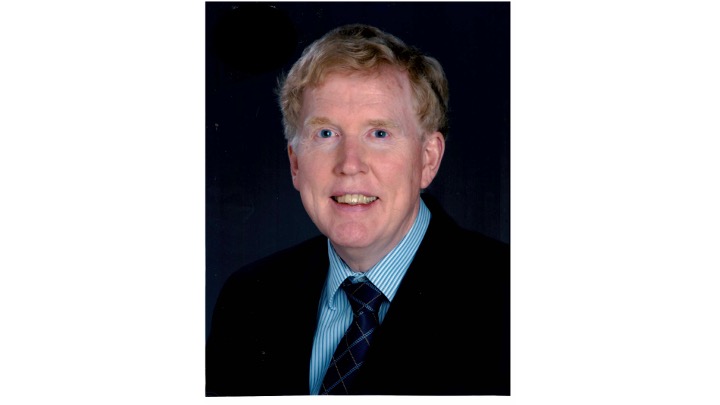In Memory of William Piper
20 April 2023

The Faculty of Medicine & Dentistry is remembering a distinguished former scholar who passed away Feb. 13.
William Piper, 77, was a clinical psychologist in the Department of Psychiatry from 1985 to 1997, and was married to Martha Cook Piper, former U of A vice-president of research and former dean of the Faculty of Rehabilitation Medicine.
Piper was a major contributor to the field of clinical psychology during his long career, writing or co-authoring more than 180 published journal articles and chapters, and seven books.
After graduating in 1967 from the College of Wooster with a Psychology Major, Honours, Piper went on to earn a PhD in clinical psychology from the University of Connecticut in 1972. He served as a clinical psychologist in the United States Navy during the Vietnam War, receiving a U.S. Marine Corps certificate of commendation in 1973. He went on to a distinguished research career as a professor at McGill University, and after his time at the University of Alberta, went on to the University of British Columbia, where he served as founding director of their psychotherapy program.
During his tenure at the U of A, Piper was a force in establishing respected, high-calibre research and effective treatments, says psychologist Anthony Joyce, a Clinical Professor in the Department of Psychiatry. Joyce’s PhD program was supervised by Piper, and they conducted research together for 30 years.
“Bill was careful and thoughtful about the work he did, and he wouldn’t let it go until he was satisfied that all questions were answered. He was detail-oriented and wanted to know everything.”
Many of the scientific papers co-authored by Piper and the researchers he mentored earned global recognition.
“He had a high standard for the work we submitted for publication and it had a sterling impact on the field,” Joyce notes. “Some of our publications became the standard, especially in group therapy.”
As well, under Piper’s guidance, the U of A’s psychotherapy research and evaluation unit “became a powerful force in the field,” Joyce adds.
“We demonstrated the effectiveness of the treatments we were offering in the outpatient service of the Department of Psychiatry, and we made treatment manuals accessible to the clinical and research community globally, which hadn’t been done very often.”
Their innovative work also opened the door for therapists to take a “less prescriptive approach” when working with patients, he notes.
“We were framing what the therapist should try to do, but within that frame they could be themselves and bring their own style to the therapy, and that was somewhat revolutionary.”
Piper was also a supportive mentor, recalls retired clinical psychologist Dianne Kipnes. Studying long-distance for her PhD in the 1980s before Alberta had the internet, she felt privileged to have him as a supervisor for her residency and thesis work.
“He was an incredible help to me in completing both of those projects,” Kipnes says. “I would present a case and we really talked about process, what my intervention was, all those kinds of things that are so much a part of supervision.”
Piper was forthright but also “incredibly kind,” in his guidance, she adds. “I never felt like he was critical; he was really trying to help me be a better therapist.”
Piper’s dedication to incisive research also ultimately helped many patients, particularly people struggling with borderline personality disorder or with complicated grief, Joyce notes.
“We demonstrated effective treatments that could help people in a big way.
“As a person, Bill had a lot of respect for everybody,” Joyce adds. “He could be quite reserved, but you could pierce through that, and his warmth and affection would really shine through. He was a great clinician, a terrific listener, and once his patients got past his reserve, they got quite attached to him.
“He was one of the best psychologists I ever met.”
Throughout his career, Piper earned national and international recognition for his accomplishments, including the Distinguished Research Career Award from the Society for Psychotherapy Research, as well as inductions as a distinguished fellow of the American Group Psychotherapy Association and as a fellow of the American Psychological Association and the Canadian Group Psychotherapy Association.